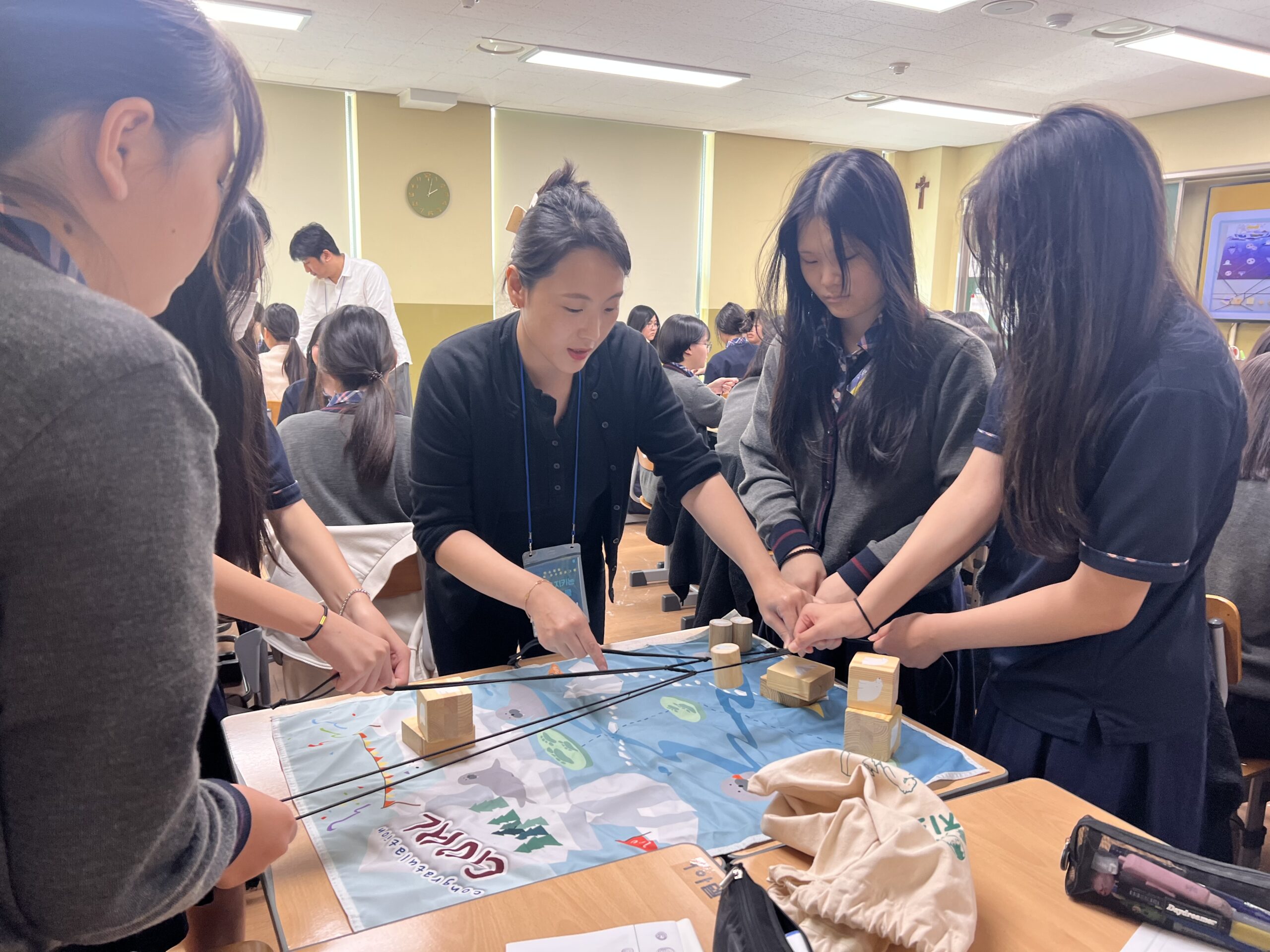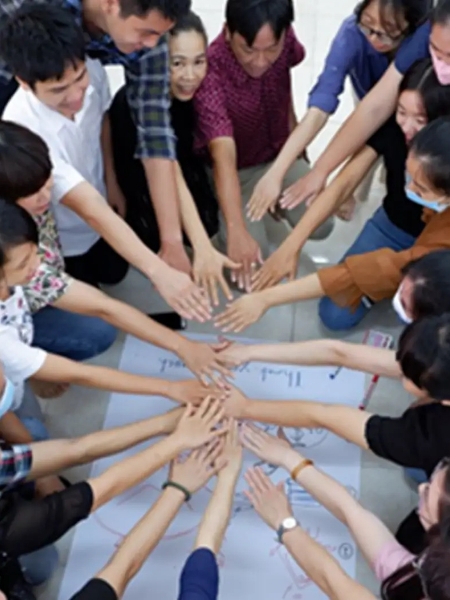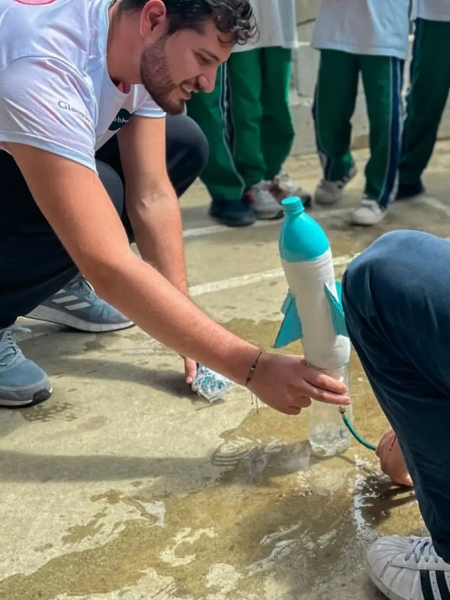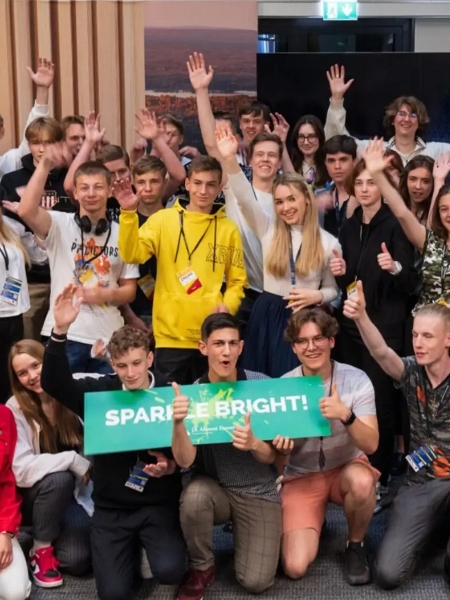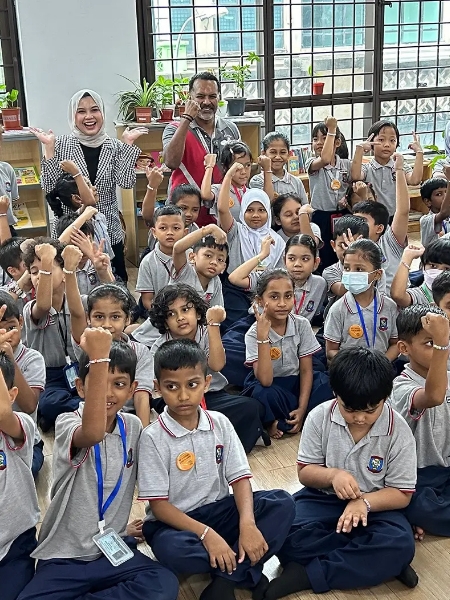Econow
Think Human Fund
Mission & History
ECONOW is an NGO established on the earth day in 2009. Currently, 68,000 funding members have joined us. Under the vision of ‘To inculcate values of environment in Korea’, Econow educates Eco-leaders who will lead sustainable development and make our everyday practices and thus form Eco-life culture.
As an official partner of UNEP and having a special consultative status of the Economic and Social Council (ECOSOC), ECONOW is running an environmental education program, including the UN Youth Environmental Conference.
As of January 2023, 306,000 personnel have participated in our environmental education programs, and 30,000 personnel annually join our programs.
The Environmental Health Institute annually visits senior citizens of 2,000 apartments.
Moreover, ECONOW has also visited daycare centers and kindergartens to care for vulnerable groups. ECONOW protects the earth and the health of many people by suggesting policies regarding fine dust and chemicals.
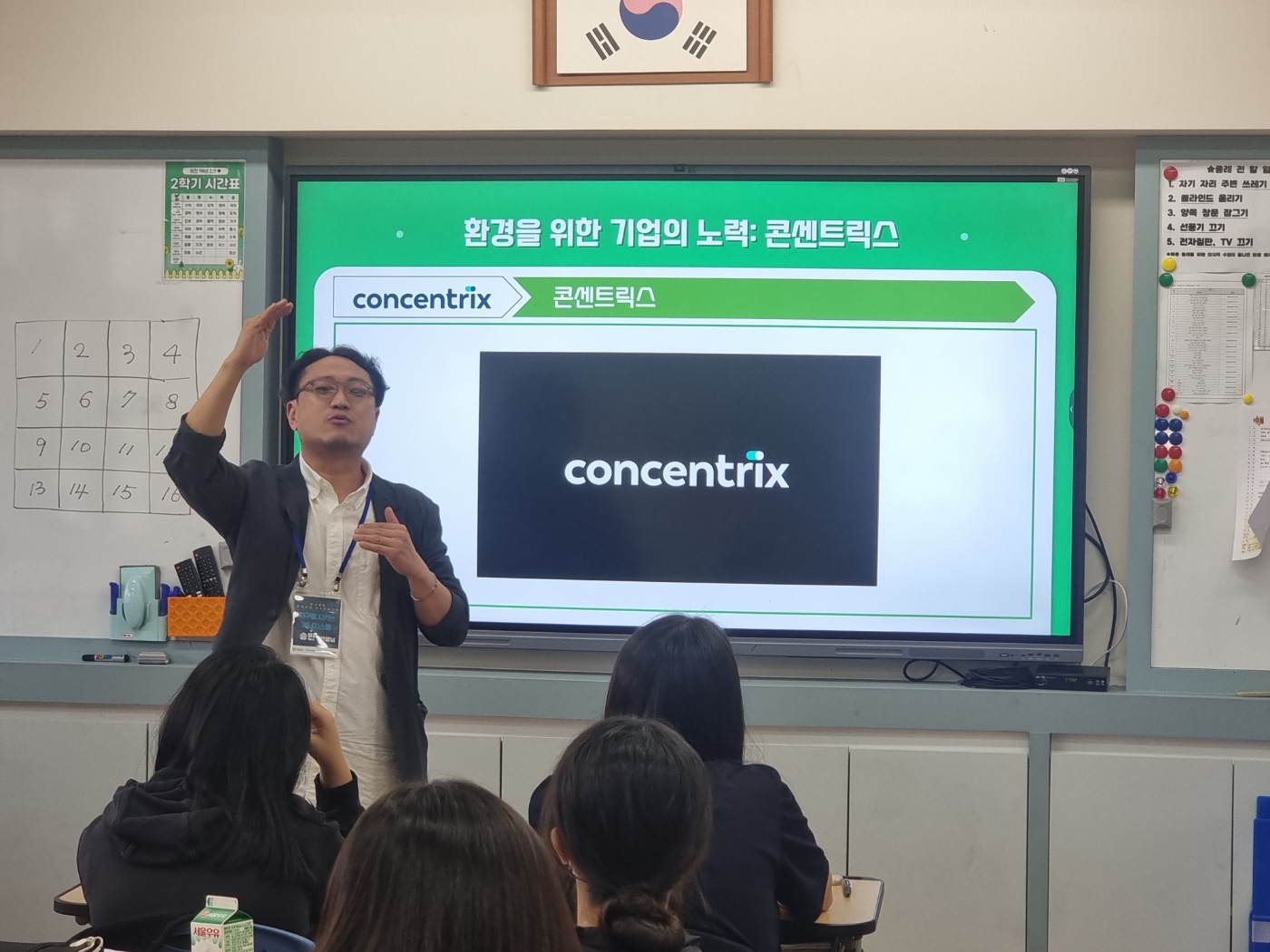
Country Information
Despite the pressing nature of climate and energy issues in South Korea, environmental education within schools is still scarce. Merely 0.003% of the national education budget is dedicated to sustainability education, with only 41 environmental educators available for over 5,600 schools as of 2022.
Additionally, just 14.1% of schools provide environmental courses, often delivered by non-specialists or substituted with self-study periods.
The Need
The deficiency of environmental education for young people in regions like the Seoul metropolitan area, where there are high levels of air pollution and energy consumption. Despite these challenges, students have limited exposure to climate education. This lack of education jeopardizes youths’ health, awareness, and capacity to address the climate crisis effectively.
The Project We Fund
The project targets the critical need for climate and energy education among youth in high-risk areas such as the Seoul metropolitan region, where energy consumption and air pollution are among the highest. It provides hands-on, Ministry-certified environmental education to middle schools, enabling students to grasp climate issues and make impactful changes in their lives. The initiative delivers a certified four-session curriculum to middle schools in Seoul, focusing on the energy and climate crisis, systems thinking through games and simulations, fine dust and energy efficiency, and sustainable lifestyles, alongside student-led actions.
Students engage in practical activities like designing eco-friendly schools, monitoring air quality, and planning actions. Trained Concentrix volunteers are mobilized as co-facilitators to assist in classroom activities and mentor students. Behavioral changes are tracked via a mobile app where students record real-life sustainable actions, such as reducing energy consumption, with monitored activities earning them points.
Additionally, the program encourages community involvement by prompting students to propose sustainability projects for their schools, such as recycling initiatives or reducing single-use items.
The Result
To track impact, first, they administer post-program surveys to students to assess their satisfaction, shifts in environmental knowledge, attitudes, and behaviors, as well as their eagerness to persist in sustainable practices. Second, during the “Eco-School Design” session, students propose tangible improvements for their schools—like recycling campaigns or school gardens—illustrating the program’s impact on their surroundings. Finally, they utilize a mobile app where students upload photos or videos of their eco-friendly activities. These actions are verified and rewarded with points, enabling us to track continuous engagement and the lasting nature of their behavioral changes.

